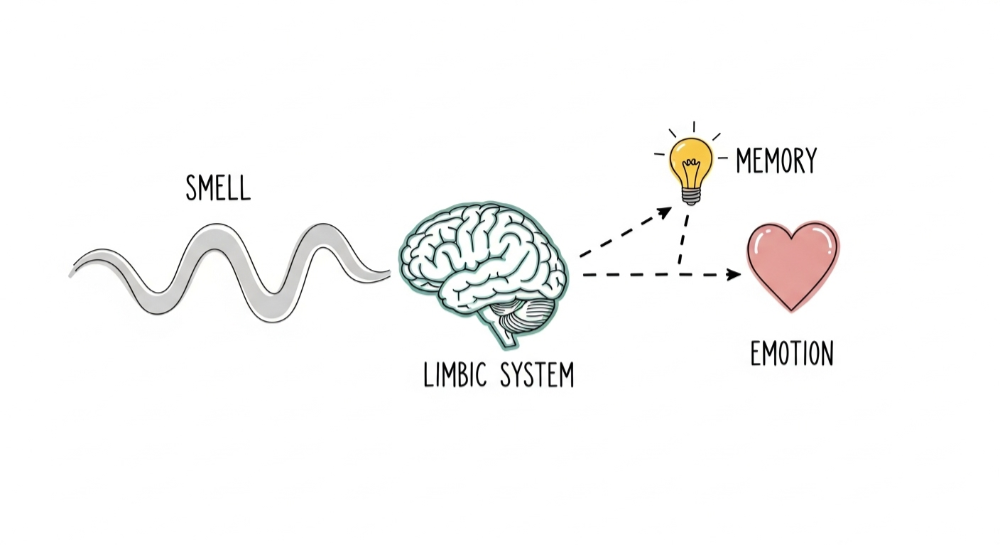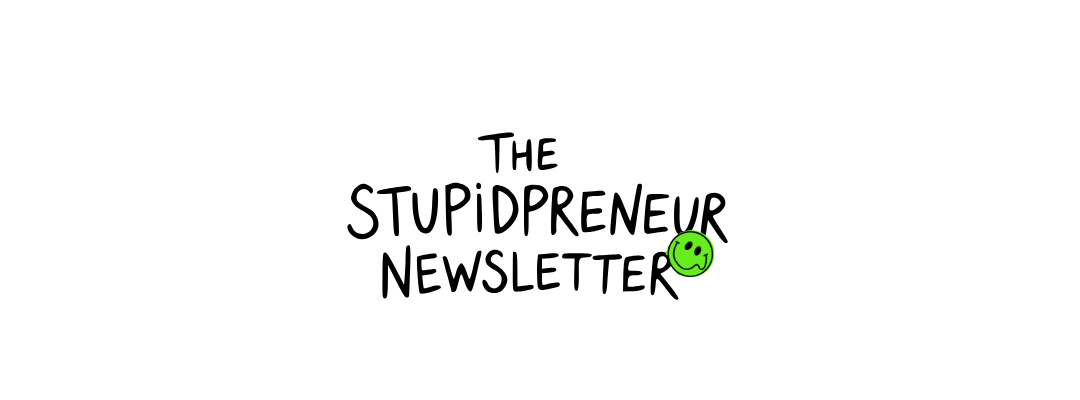
Disney's Secret Sauce

So, I was scrolling through LinkedIn the other day, probably procrastinating on something important, and I saw a comment on one of my posts about sonic branding. You know, that whole "sound of your business" thing. I was going on about how crucial it is to have a consistent audio identity, and then Lewis, this brilliant illustrator I follow, drops a comment that makes me stop in my tracks.
He said something like, "If you think sonic branding is powerful, wait until you dive into olfactory branding. Disney parks are a masterclass in connecting marketing to basic biology."
And honestly, my first thought was, "Olfactory... what now?"
But then he laid it out. He talked about how at Pirates of the Caribbean, you can actually smell the seawater. Or how the safari park at Animal Kingdom has that distinct jungle aroma. And it's not just some happy accident. They're intentionally doing this with artificial scent dispensers. He even mentioned that Disney has patents on some of these scent technologies.

For a minute I was wondering if I could patent my smell. But coming to the point, we as marketers and business owners often overcomplicate things. We chase the latest tech, the trendiest platforms, and the most intricate funnels. But sometimes, the most meaningful connections with our audience come from using something far more basic: our senses.
Think about it. Smell is one of the most basic senses. It is directly connected to the limbic system, which is the region of the brain that controls memory and emotion.
That's why a certain smell might bring back memories of childhood or make you feel something intense, good or bad. It's not about rationality; it's about a deep, gut-level connection.
Disney really gets this. They're not simply making rides; they're making memories. And those recollections are often based on more than just what you see and hear. It's what you feel, and a lot of it has to do with what you smell.
So, how can we apply this? You don't need a multi-million dollar theme park budget or a team of imagineers.
Here's the simple truth: your brand has a "smell," even if it's metaphorical. What kind of feelings does it evoke? What memories does it trigger?
After Lewis said what he did, I started to think about how I am online. How could I make a "smell" without, you know, spraying my readers with a strange mist? I use the same language throughout to make it sound less like a sales pitch and more like talking to a friend.
I use more personal stories like this to get that warm, comfortable feeling you get when you share stories over coffee. I even make these so-called funny GIFs every day so that I can build a connection.
It's about making the digital seem real.
The point is that we frequently forget how powerful these small, sensory signals are since they aren't always clear or easy to measure. But they are really strong because they travel right to the emotional core instead of going through the logical brain.
So, the next time you think about your marketing, stop for a second. What does your brand "smell" like, in addition to the pictures and words? What kind of sensory experience are you making, even if it's small?
Please respond and tell me what "scent" you want your brand to have. I'm really interested.
--- Shashank
A free newsletter with the marketing ideas you need

The best marketing ideas come from marketers who live it. That's what The Marketing Millennials delivers: real insights, fresh takes, and no fluff. Written by Daniel Murray, a marketer who knows what works, this newsletter cuts through the noise so you can stop guessing and start winning. Subscribe and level up your marketing game.
11, PNR Nagar
Dindigul, Tamil Nadu 624001, India
No comments yet. Be the first to comment!